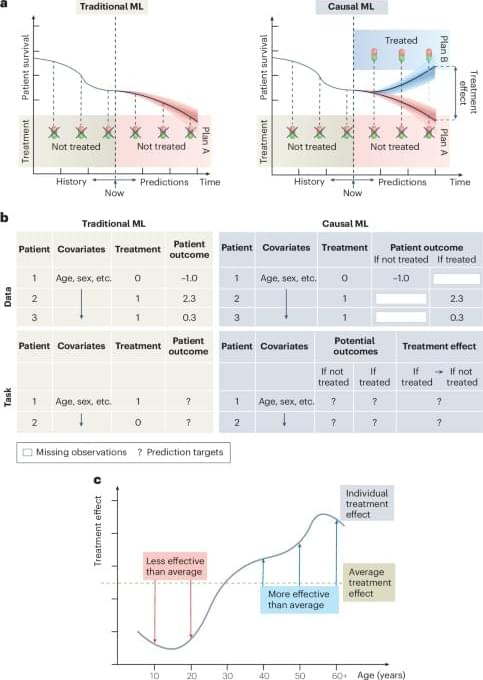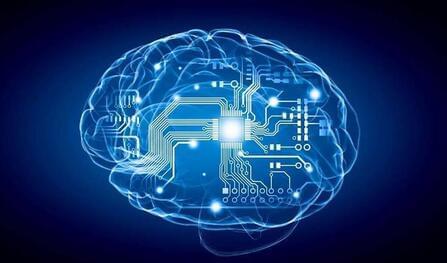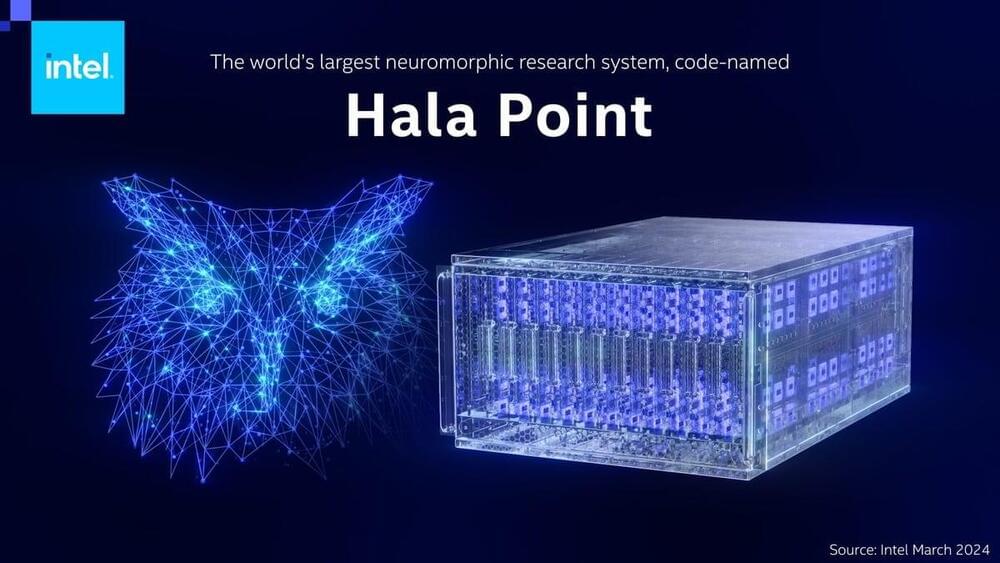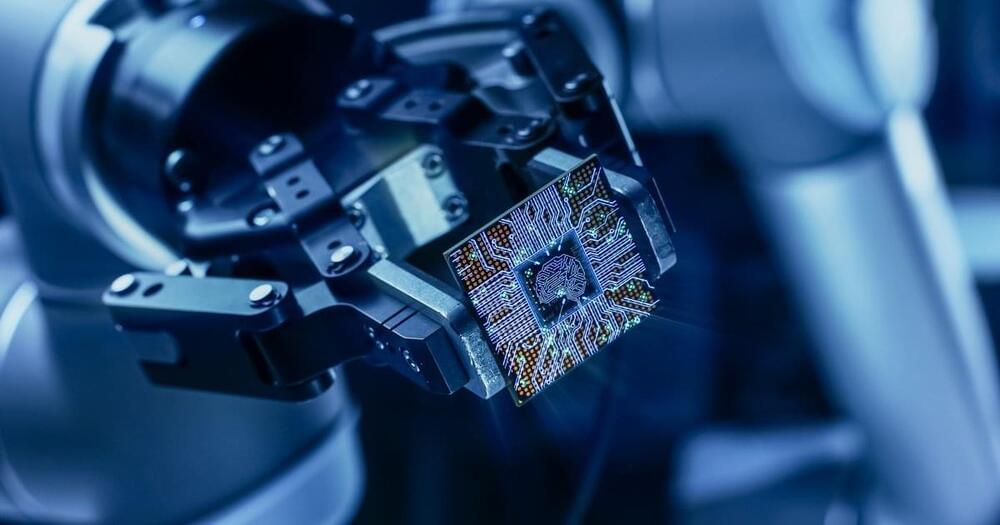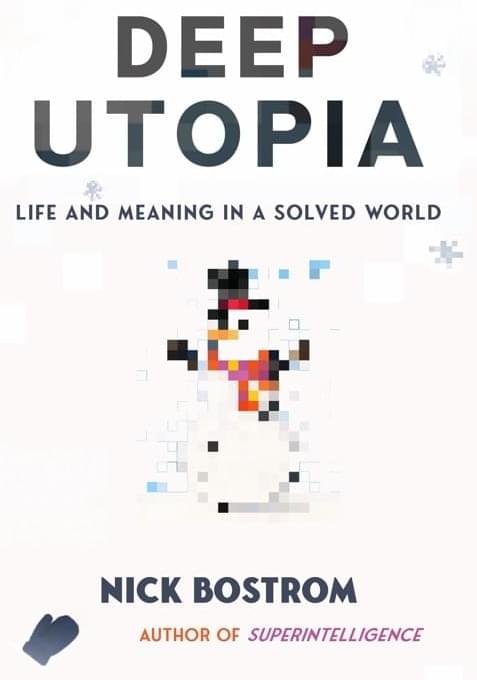The world’s first fully AI-generated movie has been announced with the trailer for Next Stop Paris predictably containing one too many fingers.
TCLtv+ Studios is a brand new production team and its first release will be a short AI-generated romcom featuring professional voice actors and an original script but the imagery will be generated with AI tools.
The studio is a brand of TCL (which stands for Technology Group Corp.), a partially state-owned Chinese company that predominantly sells consumer electronics including televisions, mobile phones, air conditioners, and more.

